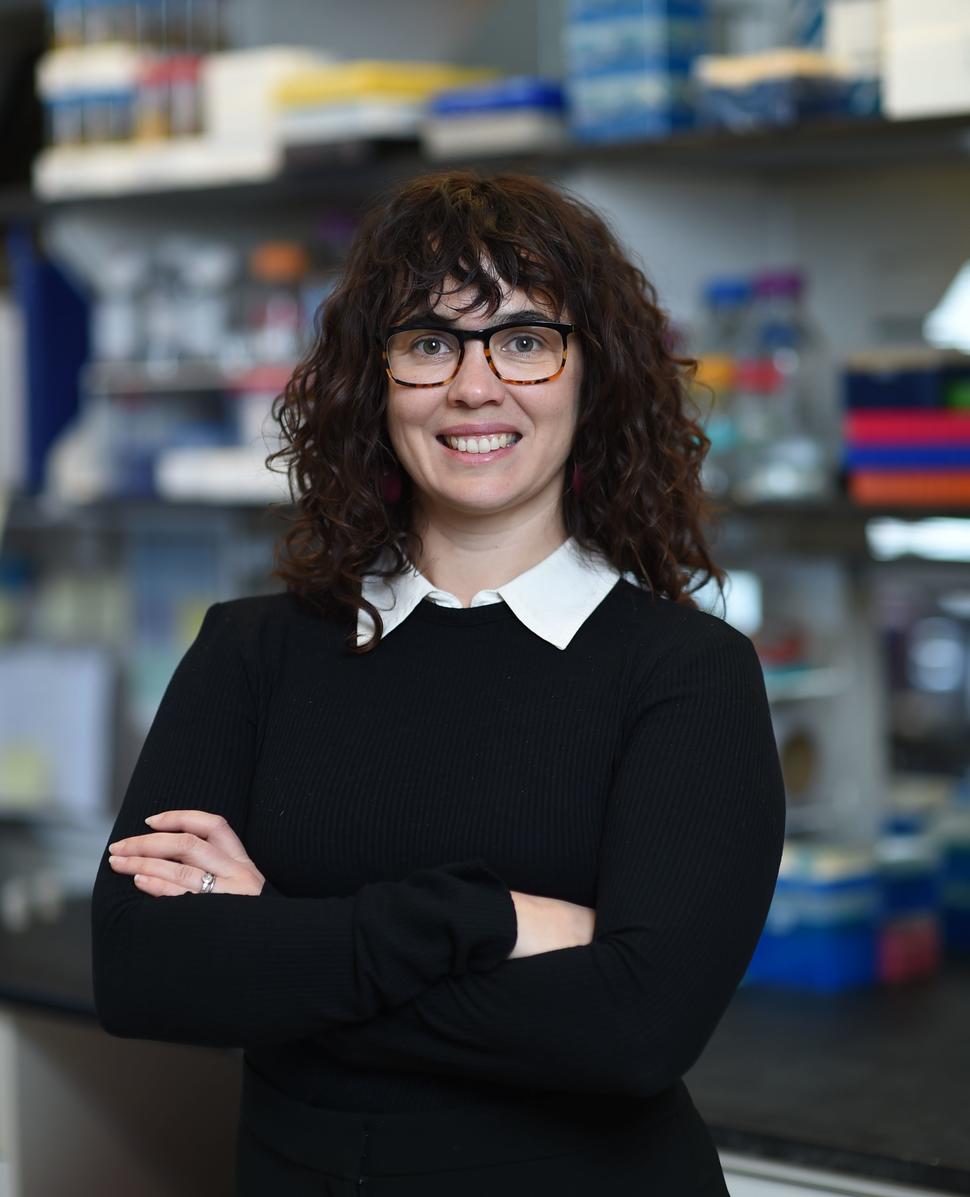Years at DCEG: 2008-2014 (including field work in the UK and Bangladesh)
DCEG Title: Wellcome Trust-NIH Fellow (Pre-Doc) and Cancer Research Training Award Fellow (Post-Doc)
Current Organization: Columbia University Mailman School of Public Health
Current Title: Assistant Professor, Epidemiology Department
Who was your mentor at DCEG? What did you work on?
I worked with an amazing mentoring team including Robert N. Hoover, M.D., Sc.D., Hormuzd Katki, Ph.D., Rebecca Troisi, Sc.D., and Regina Ziegler, Ph.D., M.P.H. I was interested in why there was such variation in breast cancer incidence worldwide and investigated early life, reproductive and hormonal factors driving international differences in breast cancer incidence. I used migrant studies to investigate how early-life factors influence breast cancer risk via hormonal mechanisms.
What is your current position?
Broadly, my research portfolio focuses on how culture gets under the skin by combining “emic” data—i.e. mapping on the ground perspectives from participants—with “omics.” In other words, I am interested in talking to women about their experiences to better understand factors that influence the steroid metabolome and breast cancer risk. I am the current PI of a NCI funded study that examines the associations of the steroid metabolome with puberty and breast cancer in girls and women with a family history of breast cancer. I am also developing mixed-methods for epidemiologists through several smaller studies with young cancer survivors, and low-income mothers.
How do you apply the skills you developed at DCEG in your current job?
I came as an anthropologist with an interest in an obscure developmental phase called adrenarche, the rise in androgens in 6-8-year-olds. Bob gave me the opportunity to work with him because he was interested in the role of early life androgens in breast cancer risk. During my time there, my mentors’ doors were always open. Bob taught me the biology of hormones through impromptu lectures, Hormuzd taught me biostatistics literally by sitting with me at my desk looking at code, Rebecca taught me study design and how to write and communicate effectively and Regina taught me hormone measurement. I left DCEG as a cancer epidemiologist and I am now the go-to hormone person among our breast cancer group at Columbia. I mentor and teach students with the hope that I am passing down to them what was generously bestowed upon me.
Do you have any memories from your fellowship that you would like to share?
The leprechaun serving coffee at the St. Patty Day parties— do I need to say more?
What do you do in your free time?
I used to have a 90-minute bike commute to DCEG, so, believe it or not I now have a lot more free time in NYC! I still cycle but this time with my toddler in tow.
Do you have any advice for current or future DCEG fellows?
Make the time to take full advantage of the career development opportunities through DCEG’s Office of Education and the Office of Intramural Training and Education. What they offer trainees is unparalleled to what is available at other institutions.
